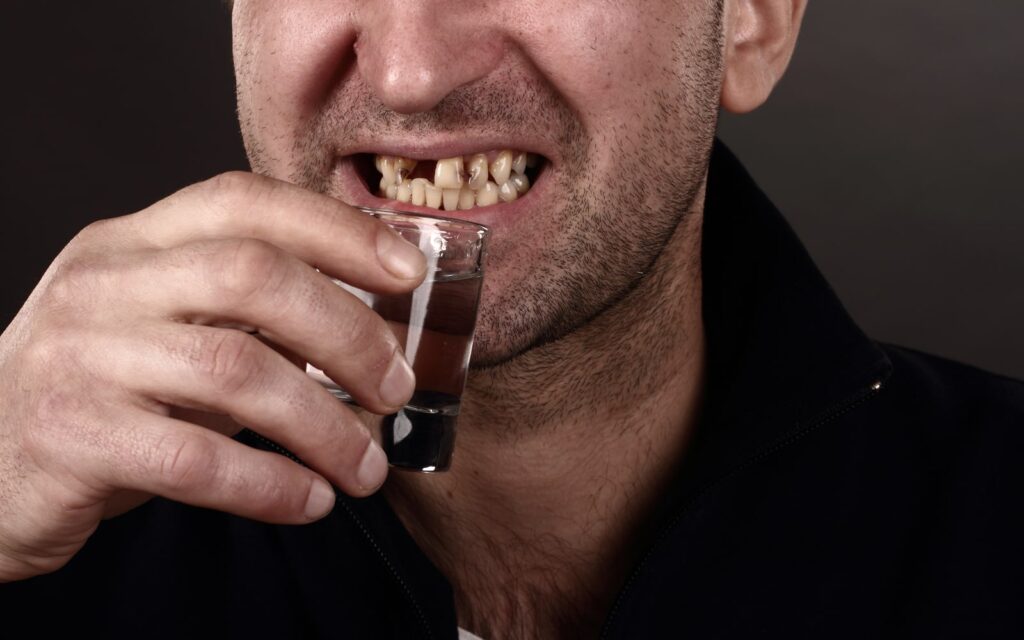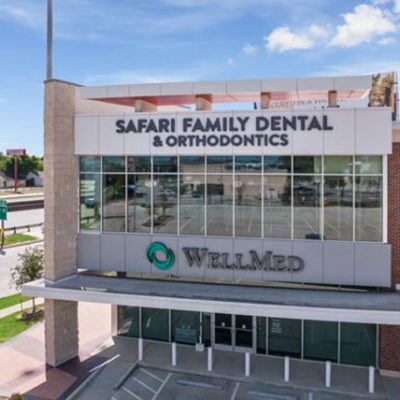Introduction
There are very few forms of celebration in our society that don’t include the imbibing of some kind of alcohol. Whether it’s the champagne at a wedding, kegs at graduation parties, or a solemn passing of wine as part of religious observation, it can be found everywhere. As part of living in a culture where alcohol consumption is celebrated, glamourized, and even sanctified, it is beneficial to be aware of the risks it can pose to our oral health. Within, we’ll discuss some of the details of alcohol and its impact on the health of your smile.
How Your Smile May Be At Risk From Alcohol Consumption
Alcohol consumption is an activity that millions enjoy all over the globe. Responsible consumption doesn’t pose much in the way of health risks and actually has known health benefits. Consuming it in excess, on the other hand, is the source of significant health concerns. Among the known risks are:
- Oral Cancer: Those who consume excessive amounts of alcohol display higher rates of oral cancer. The risk is as much as 38 times greater in those who also use tobacco with high consumption of alcohol.
- Tooth Decay: Tooth decay rates are significantly higher in those who drink high amounts of alcohol on a regular basis. In addition, periodontal disease tends to be more prevalent in these patients, along with the associated needs for extraction and restoration.
- Dental Trauma: Increased risk of dental trauma is observed in those who consume high amounts of alcohol and is typically the result of misadventure. Intoxication results in more traffic accidents and falls.
- Staining: Teeth can also experience some aesthetic consequences from alcohol consumption, with staining being the most common. Teeth can become stained with the colors from dark drinks such as red wine and dark beer.
These risks are relatively easy to avoid, even if you enjoy the occasional drink. Avoiding these complications can be achieved by sticking to some basic guidelines. These guidelines have been laid out below:
- Consume less than 14 drinks per week
- No more than 2-4 drinks per day
- Take alcohol-free days
- Drink water while consuming alcohol
Keeping to these guidelines will give you a significant chance of avoiding the oral health risks that are associated with overconsumption of alcohol. Following any of these guidelines will help, but they are best in combination. Moderation is the basic theme of the above steps.
Communicate With Your Dentist For Additional Advice
The understanding of alcohol’s impact on our oral health continues to grow and be explored. Communicating with your dental professional can serve as an excellent way to ensure that you are kept informed regarding the latest information. You should also maintain bi-annual visits to your professional for cleaning and examination to ensure that your oral health continues to be excellent. Contact their offices today to schedule an appointment and maintain good practices as pertains to your alcohol consumption.
There are very few forms of celebration in our society that don’t include the imbibing of some kind of alcohol. Whether it’s the champagne at a wedding, kegs at graduation parties, or a solemn passing of wine as part of religious observation, it can be found everywhere. As part of living in a culture where alcohol consumption is celebrated, glamourized, and even sanctified, it is beneficial to be aware of the risks it can pose to our oral health. Within, we’ll discuss some of the details of alcohol and its impact on the health of your smile.
How Your Smile May Be At Risk From Alcohol Consumption
Alcohol consumption is an activity that millions enjoy all over the globe. Responsible consumption doesn’t pose much in the way of health risks and actually has known health benefits. Consuming it in excess, on the other hand, is the source of significant health concerns. Among the known risks are:
- Oral Cancer: Those who consume excessive amounts of alcohol display higher rates of oral cancer. The risk is as much as 38 times greater in those who also use tobacco with high consumption of alcohol.
- Tooth Decay: Tooth decay rates are significantly higher in those who drink high amounts of alcohol on a regular basis. In addition, periodontal disease tends to be more prevalent in these patients, along with the associated needs for extraction and restoration.
- Dental Trauma: Increased risk of dental trauma is observed in those who consume high amounts of alcohol and is typically the result of misadventure. Intoxication results in more traffic accidents and falls.
- Staining: Teeth can also experience some aesthetic consequences from alcohol consumption, with staining being the most common. Teeth can become stained with the colors from dark drinks such as red wine and dark beer.
These risks are relatively easy to avoid, even if you enjoy the occasional drink. Avoiding these complications can be achieved by sticking to some basic guidelines. These guidelines have been laid out below:
- Consume less than 14 drinks per week
- No more than 2-4 drinks per day
- Take alcohol-free days
- Drink water while consuming alcohol
Keeping to these guidelines will give you a significant chance of avoiding the oral health risks that are associated with overconsumption of alcohol. Following any of these guidelines will help, but they are best in combination. Moderation is the basic theme of the above steps.
Communicate With Your Dentist For Additional Advice
The understanding of alcohol’s impact on our oral health continues to grow and be explored. Communicating with your dental professional can serve as an excellent way to ensure that you are kept informed regarding the latest information. You should also maintain bi-annual visits to your professional for cleaning and examination to ensure that your oral health continues to be excellent. Contact their offices today to schedule an appointment and maintain good practices as pertains to your alcohol consumption.





















